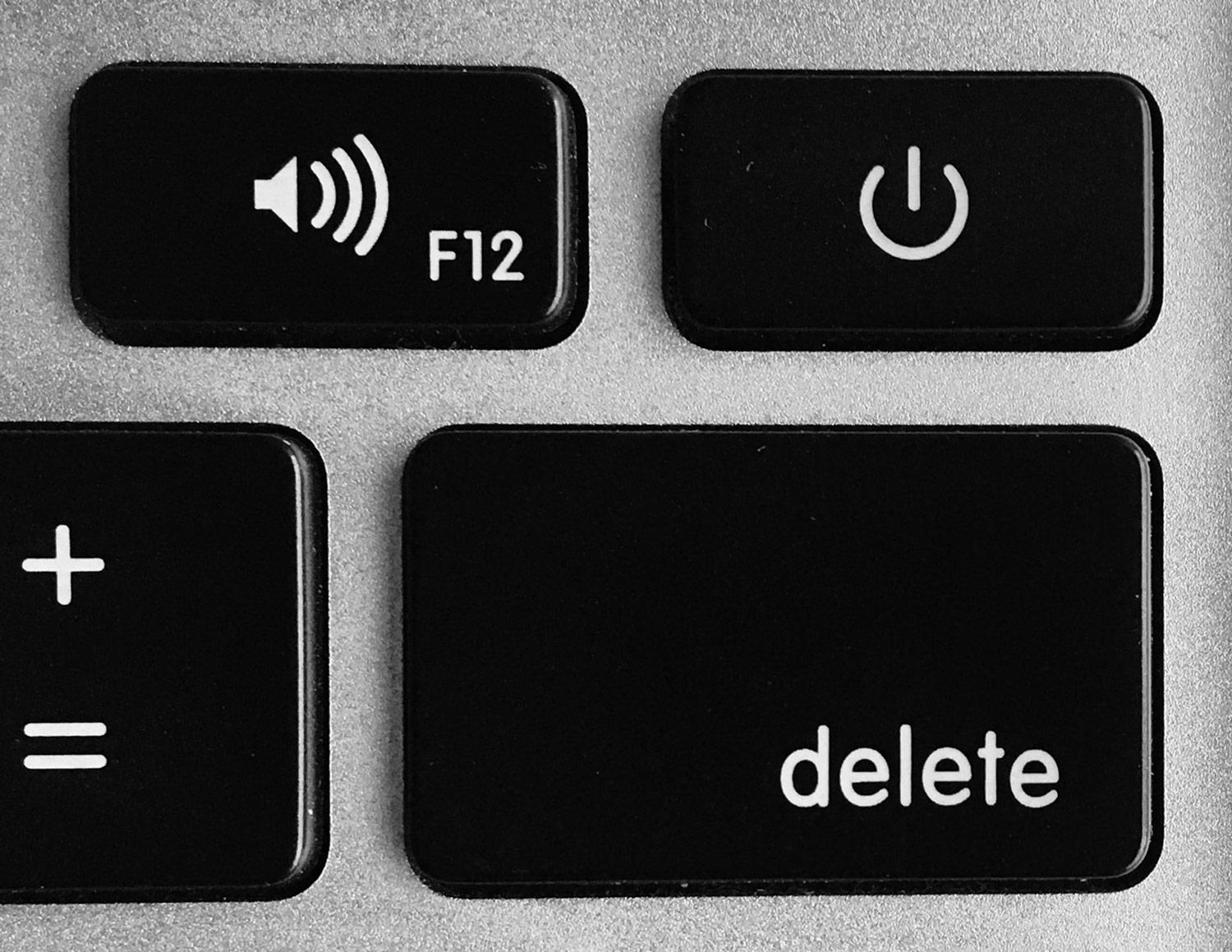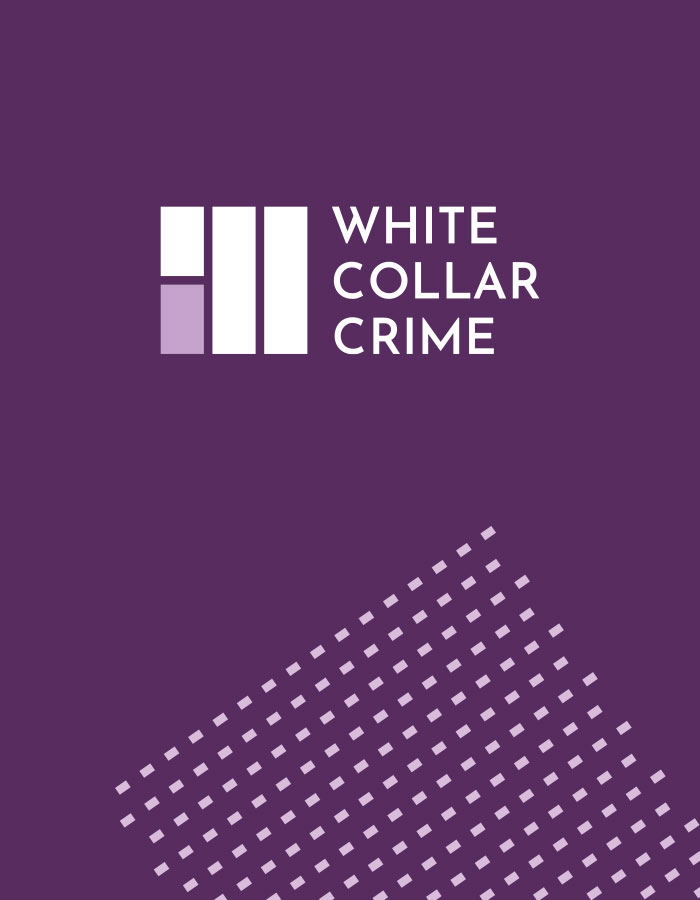The COVID-19 pandemic has brought difficulty and trying times to all areas of the United Kingdom’s economy. KPMG estimates that the economy will shrink, in the best-case scenario by 2.6% and the worst case by 5.4%.[1] Businesses of all sizes are struggling to stay afloat due to economic uncertainty. Some companies and businesses may resort to desperate means to stay viable. Specifically, there is a likelihood that there will be a rise in false accounting offences to offset financial losses caused to businesses and corporations.
False Accounting Offences
False accounting arises out of two offences within section 17 Theft Act 1968. The first is section 17(1)(a) which focuses on the destroying, defacing, concealing or falsifying any account or record or document made for an accounting purpose. The second offence is section 17(1)(b) which arises from the furnishing of information for any purpose which is or may be misleading, false or deceptive in a material particular. Section 17(2) outlines that section 17(1)(a) can be committed in a conspiracy or by omission.[2]
Both offences require dishonesty, which follows the definition provided by the Supreme Court in the case of Ivey v Genting Casinos (UK)[3] and requires an intent to cause a gain for one’s self or another or cause loss to another.
Regarding the section 17(1)(a) offence, destroy, deface and conceal take on their meanings, while ‘falsifying’ can involve creating new accounts or documents, but might also involve the preparation and falsification of existing accounts.[4] An accounting purpose is a factual question that the prosecution must prove at trial.[5] For example, a mortgage application was held by the Courts as a document for an accounting purpose.[6]
The ‘material particular’ mentioned in section 17(1)(b) does not mean the material caused lead to the inaccuracy or falsification of all the accounting information. If the material was the only falsified document and it was ‘made or required’ for an accounting purpose, then those necessary elements are satisfied. The Court held in R v Mallet:
“In short, the purpose for which the information is furnished is not limited to an accounting purpose; the document itself has to be made or required for an accounting purpose but once that is satisfied then any statement that is false in a material particular is sufficient to justify a conviction once the other requirements of the section are also satisfied.”[7]
The word ‘account’ has its ordinary meaning, but as evidenced by the case of Edwards v Toombes, it does not have to be a document. In that case, the Court of Appeal determined that a turnstile at a football stadium was an account because it kept a record of attendees with tickets.
As an offence, false accounting closely resembles forgery and theft; however, it is appropriate to use the false accounting offences where accounting information was doctored or provided dishonestly.[8]
If a false accounting offence is committed by a company and not a specific individual or sole trader, section 18 Theft Act 1968 addresses the issue of attribution. The section states that the company and the ‘director, manager, secretary or other similar officer of the body corporate’ who consented or facilitated a false accounting offence is guilty of the offence alongside the company. The mens rea for both section 17 offences must be present and imputed to the corporation.
The penalty for false accounting is steep. On indictment, the penalty is seven (7) years imprisonment or six (6) months imprisonment and, or an unlimited fine, summarily.
False Accounting and COVID-19
There is a risk that struggling, or even unscrupulous, business owners and corporations might choose to commit a false accounting offence. Actions or omissions contrary to section 17(1)(a) could arise with the falsification of invoices or concealing negative account ledgers from auditors. Further, some businesses owners might alter their accounts to obtain a loan under the Coronavirus Business Interruption Loan Scheme (CBILS). The scheme requires businesses to open their books to lenders. To show that they can repay the loan, borrows might provide management accounts, a cash flow forecast, business plans, historical accounts and details of assets.[9] If a proprietor is concerned she might not secure a loan due to an undesirable accounting past; she might modify her business’ books to convince a lender. Unfortunately, many businesses owners will face this temptation, and if they succumb, would commit an offence under 17(1)(a) Theft Act 1968.
Section 18 Theft Act 1968 adds ammunition to the pursuit of false accounting during COVID-19. Sham companies will likely form using false records to try and obtain furlough payments for non-existent employees through the Coronavirus Job Retention Scheme. Both the company and its controlling mind would be guilty of false accounting.
Conclusion
As the country continues to get through these challenging times, the impact of COVID-19 on the economy will be widespread. The Government has stepped in to provide financial assistance. However, some businesses might not qualify or have the financial ability to wait for their economic relief cheques. It is easy to sympathise with those who fall behind on their bills and see the only option to remain viable is to commit an offence of false accounting. Conversely, some might use the pandemic to facilitate criminal activity. In the eyes of the law, both businesses, despite their reasons, have committed the serious offence of false accounting.
[1] KPMG, ‘COVID-19 brings the UK Economy to Temporary Standstill,’ (2020), last accessed 27 April 2020
[2] Blackstone’s Criminal Practice 2020 B6.11
[3] Ivey v Genting Casinos (UK) Ltd t/a Crockfords [2017] UKSC 67, see paragraph 74
[4] See Blackstone’s Criminal Practice 2020 B6.9 and Scot-Simmonds [1994] Crim LR 933
[5] Blackstone’s Criminal Practice 2020 B6.9
[6] See, O [2010] EWCA Crim 2233
[7] R v Mallett - [1978] 3 All ER 10, per Roskill, LJ
[8] Blackstone’s Criminal Practice 2020 B6.8
[9] British Business Bank, Coronavirus Business Interruption Loan Scheme CBILS (2020) last accessed, 27 April 2020








